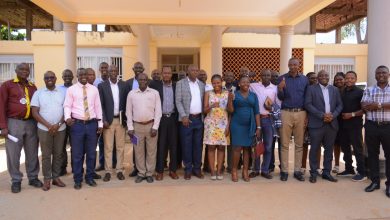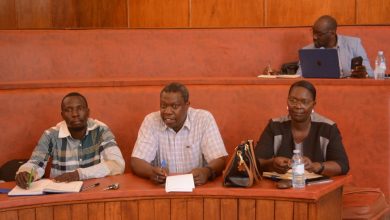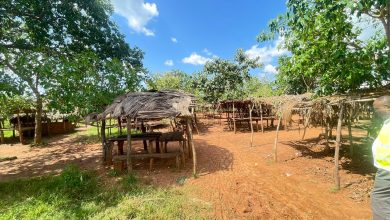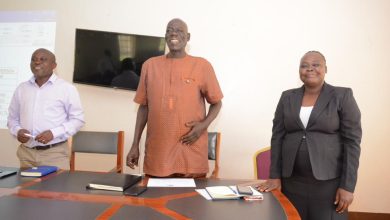Stakeholder engagement critical for RUDSEC Project’s success
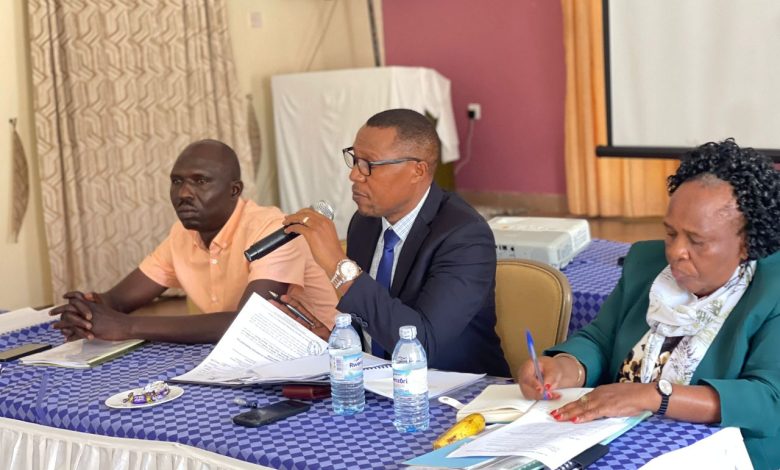
Stakeholder engagement critical for RUDSEC Project’s success
It is not uncommon to find newly built markets in Uganda that are not being utilized. The reasons are varied but one of the most common ones has been sighted as lack of stakeholder engagement during construction.
It is under this background that the Rural Development and Food Security in Northern Uganda (RUDSEC) Project held its Project Steering Committee (PSC) in Soroti City, allowing stakeholders to engage with the leadership and the beneficiaries in Teso sub region.
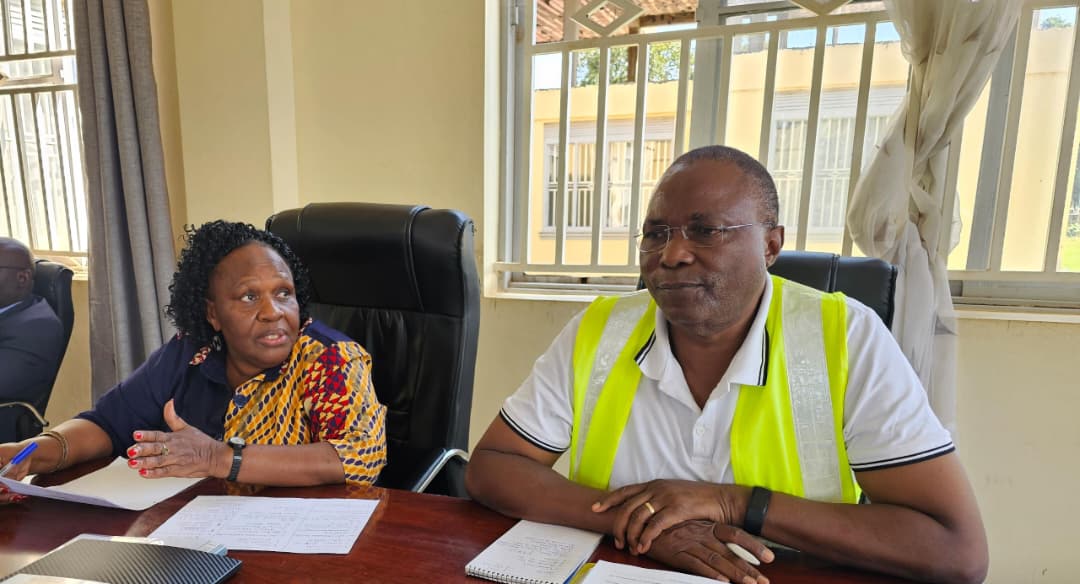
The RUDSEC Project is being implemented in nine districts in the three sub-regions of Acholi, Lango and Teso in northern Uganda in the districts of Lamwo, Pader, and Agago (Acholi). In Lango, the project is being implemented in Lira, Dokolo, and Oyam while in Teso, the districts are Soroti, Serere, and Kaberamaido.
The project intends to unlock agricultural production potential and increase the income of smallholder farmers in northern Uganda. This is being achieved through rehabilitation and upgrading of road transport and market infrastructure.
“Improving the accessibility of agricultural production areas will reduce the transportation cost of farm input and output along agricultural value chains. This is expected to improve incomes of farmers. Improved market facilities encourage agricultural production and trading volumes and reduce post-harvest losses of farm products,” explained Assumpta Tibamwenda, Technical Advisor at the Ministry of Local Government during her opening remarks while chairing the meeting held at Soroti District Headquarters.
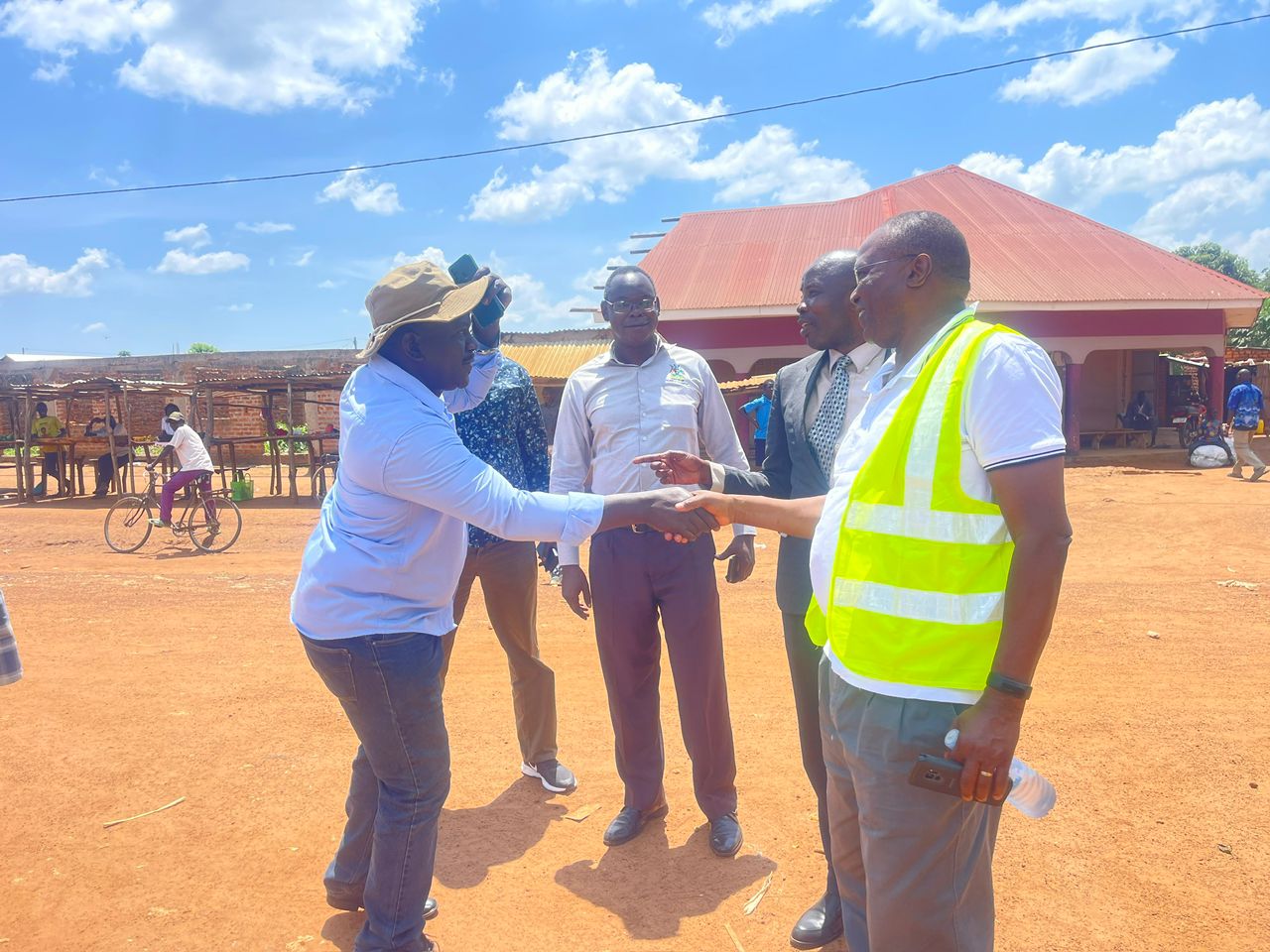
Anthony Namara, the Commissioner Local Economic Development at the Ministry of Local Government who represented the Permanent Secretary, Mr. Benjamin Kumumanya, reiterated the Government of Uganda’s commitment to the project. “Transforming rural communities is core to what we do and the Government of Uganda through the Ministry of Local Government is providing the necessary support for the project,” he said. He thanked the German Government for financing the project through KfW Development Bank.
The PSC which is comprised of various stakeholders including the Office of the Prime Minister (OPM), Ministry of Works and Transport (MoWT), Ministry of Water and Environment (MWE), Ministry of Finance, Planning and Economic Development (MFPED), the Ministry of Trade and Industries (MoTI) and all the project area local governments. The stakeholders also visited the project areas in all the three districts of Teso.
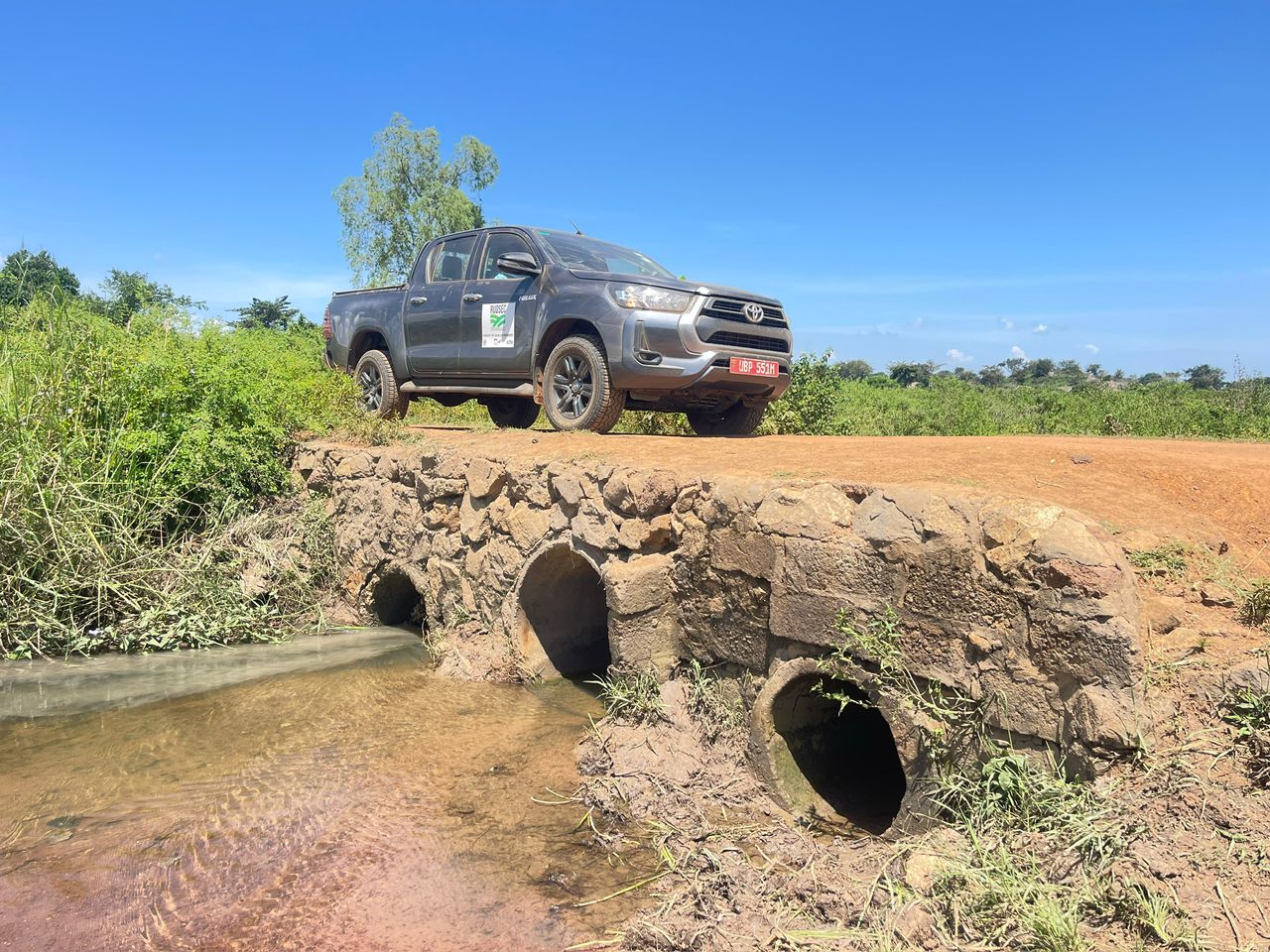
“We are eagerly waiting for the construction of our market, which will improve the livelihoods of the people of Kidetok Town Council, Sererere Districts,” said Augiustin Omoding, Chairperson of Kidetok-Mulago Market. “We have more than 3,000 people that visit this market every weekend. They don’t come from as far as Mbale and it is critical that we have a market with improved facilities,” he added. The market in Kidetok will occupy an area of more than two hectares.
Elly Piwang, Chief Administrative Officer of Soroti District, expressed optimism about the project’s rollout, noting that communities have long awaited its implementation and are eager to see its impact.
Eng. Frederick Were-Higenyi, Team Leader of the Implementation Support Consultant provided an update of the project informing the stakeholders that detailed designing and Environmental Impact Assessments (ESIA) are currently underway. “Once these studies and detailed designs are completed, construction will commence,” he assured the stakeholders.
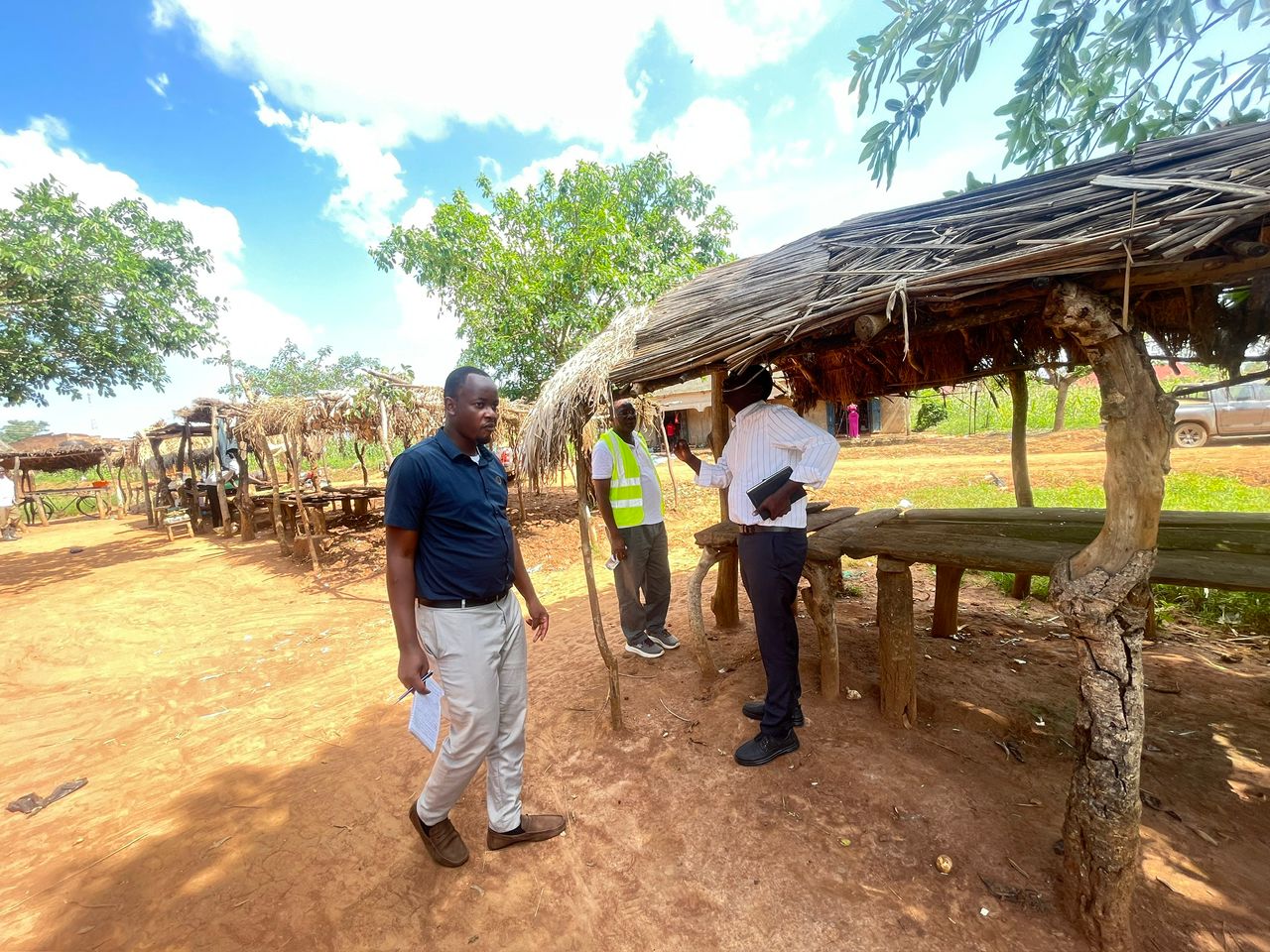
Dr. Milton Edimu represented KfW during the meeting. He emphasized the need for stakeholder engagement to ensure that markets designed are usable. “We should design markets that people are able to use. Stakeholder engagement is therefore critical at every stage of project implementation,” he advised.


